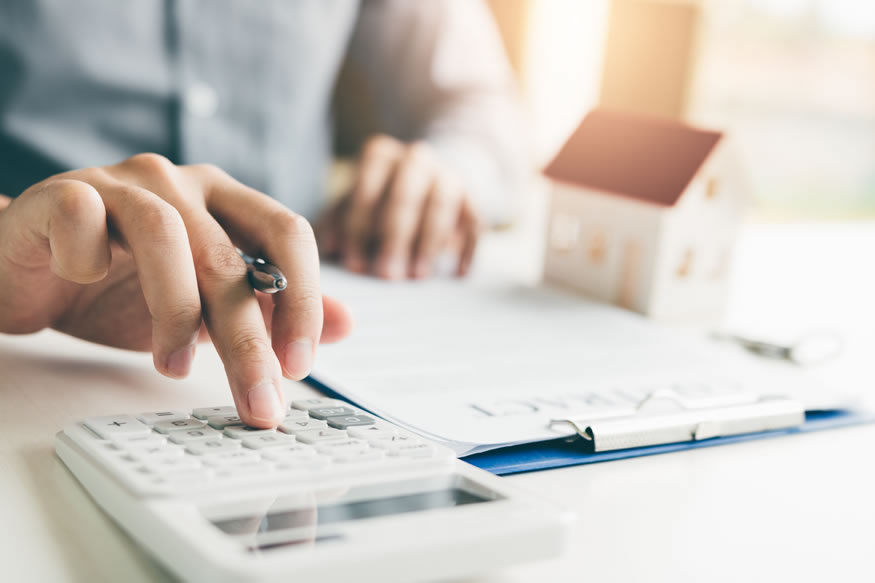
Prior to 2015 you had far fewer choices when it came to your retirement. For most people, their only option was to buy an “annuity” (fixed retirement income product) when they eventually retired. Today in 2019, however, there is much more flexibility.
If you want to, it is possible to continue working whilst receiving your pension benefits provided you meet certain conditions (e.g. you move from full-time to part-time work, or lower your grade). There is also the option to either buy an annuity to supply a retirement income or generate an income using a “drawdown” approach. You could even combine the two together!
This increased flexibility is great on the one hand, as it has opened up more opportunities in retirement for many people which better fit their goals and lifestyles. However, on the negative side, this new set of pension laws has made it far more complicated for people to effectively plan for their retirement.
At WMM, as financial planners, we regularly help clients in Oxford and further afield to navigate this complex landscape towards their retirement goals. In this article, we’ll be sharing a short guide on “flexible retirement” – how it works, as well as some of the opportunities and pitfalls to be aware of.
Please note that this content is for information purposes only, and should not be taken as financial advice. To receive tailored, regulated advice into your own situation and goals, please consult with an independent financial adviser.
Retire while you work
Depending on the precise rules of your pension scheme, it might be possible for you to wind down your hours in employment and start receiving your pension benefits after the age of 55.
This is known as “flexi-access drawdown”, and it allows you to take as much or as little as you want from your pension pot even as you continue to draw a salary from your employment.
However, the fact that you have this freedom does not automatically mean that you should use it. Depending on your particular financial situation and goals, it might be appropriate to access your pension benefits whilst employed – or keep it invested until you fully retire.
There are various advantages and disadvantages to both options. The arguments in favour of flexi-access drawdown include:
- Reducing your hours in the office whilst maintaining a steady income stream from your salary and pension benefits, allowing you to focus on things you enjoy.
- Irregularities and drops in your salary earnings can be “topped up” by your pension benefits, allowing you a sense of financial security and peace of mind.
On the other hand, you should also consider the following:
- Most individuals are unlikely to have enough money in their pension pot to make flexi-access drawdown a sustainable option over the long term. Remember, you need your pension to help sustain you potentially into your 80s or 90s. Flexi-access drawdown could result in you needing to work for more years, compared to if you had started taking your pension benefits later.
- Drawing upon your pension benefits early can affect your tax allowances negatively. For instance, it tends to trigger the MPAA (Money Purchase Annual Allowance) which reduces the amount you can contribute to your pension savings each year.
Retirement income options
In light of the above, you should consider talking through your options with a qualified financial adviser regarding when, exactly, you should start taking your pension benefits. However, even once you have an idea of your timescales, you need to consider how your retirement income will be sustained in the longer term.
As mentioned above, prior to 2015 most people needed to buy an annuity in order to fund their retirement lifestyle. This is no longer the only option since it is now possible for people to keep their pension pot invested during retirement whilst also drawing an income from it (i.e. officially known as “income drawdown”).
Arguably, this latter option carries much more flexibility for your retirement but also carries the risk of your income fluctuating, even going down, over time depending on the performance of your investment portfolio.
An annuity, on the other hand, allows you to “buy” a “fixed income” for the rest of your life. This tends to provide a greater degree of financial stability and certainty, yet it also restricts your options. Once you have bought an annuity, you cannot usually go back.
Everyone is different, so which route you take will completely depend on your personal goals and situation, and you should discuss these with a financial adviser to help determine the best course of action to take in your particular case. It is worth noting, however, that:
- It is sometimes possible and appropriate to combine the two approaches. For instance, you could potentially buy an annuity with a portion of your pension pot whilst keeping the rest of it invested – whilst also drawing an income from it.
- Whilst some people might benefit from buying an annuity once they fully retire, in some cases, it might be best to rely on income drawdown in the short term and potentially buy an annuity later on in retirement. One argument in favour of this approach says that you can always change your mind and buy an annuity later, but you cannot “un-buy” an annuity and go back to income drawdown later. On the other hand, you should be aware that the cost of an annuity might go up as you get older.



Recent Comments